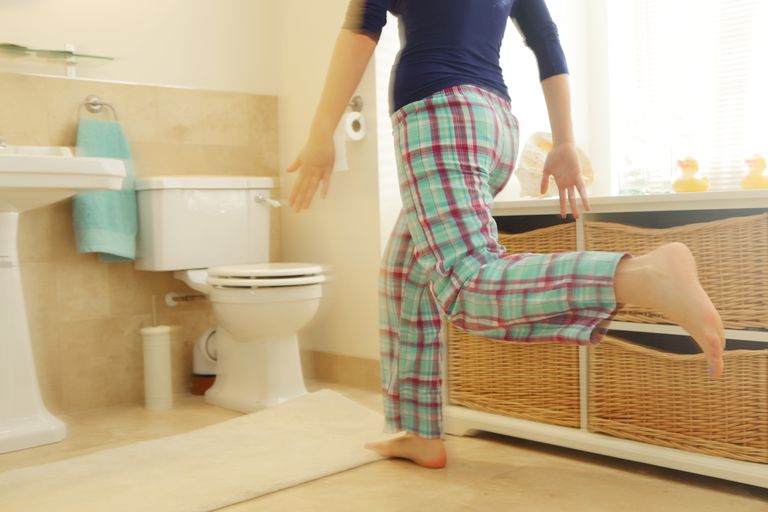A lot of people often have a sudden, strong urge to urinate. This is called urgent urination that causes discomfort in the bladder. You cannot control your urine pressure if you have urgent urination. There can be major urological problems as a result of urgent urination. In order to have more information about this, you must consult a urologist in Kolkata.
Causes
There are different causes of these symptoms. The most common of them are:
- UTI or Urinary tract infection.
- Enlarged prostate that is found in middle-aged and older men.
- Urine leaking from the urethra (the tube that carries urine out of your body).
- There are an infection and swelling in the urethra.
- Swelling or discharge of the vulva and vagina known as vaginitis.
Among the less common causes, some are:
- The use of alcohol.
- Anxiety.
- Bladder cancer (not common).
- Drinking caffeine.
- Diabetes that is not well controlled.
- Pregnancy.
- Interstitial cystitis.
- Medicines such as water pills (diuretics).
- Overactive bladder syndrome.
- Tumour or growth in the pelvis.
Home Care
If you want relief from the problem, you must follow the advice of your health care provider.
The number of times when you urinate and the amount of urine you produce should be kept in the record by you. Whenever you visit your health care provider, keep this record with you.
There can often be difficulties for you in controlling urine (incontinence) for a period of time. For protecting your clothing or bedding, you have to take the necessary steps.
When to Contact a Medical Professional?
If the following things happen, call your urologist immediately:
- There is a fever, back or side pain, vomiting or shaking chills.
- There is an increased thirst or appetite, fatigue, or sudden weight loss.
- In spite of not being pregnant or not drinking large amounts of fluid, there is urinary frequency or urgency.
- You have bloody or cloudy urine.
- From the penis or vagina, there is a discharge.
Taking a medical history and doing a physical exam is what your urologist will do.
Tests that may be done include:
- Urinalysis.
- Urine culture.
- Cystometry (a measurement of the pressure within the bladder).
- Cystoscopy.
- Nervous system tests (for some urgency problems).
- Ultrasound (such as an abdominal ultrasound or a pelvic ultrasound).
The cause of the urgency and frequency decide the mode of treatment. To get relief from discomfort, you may need to take antibiotics and medicine.





